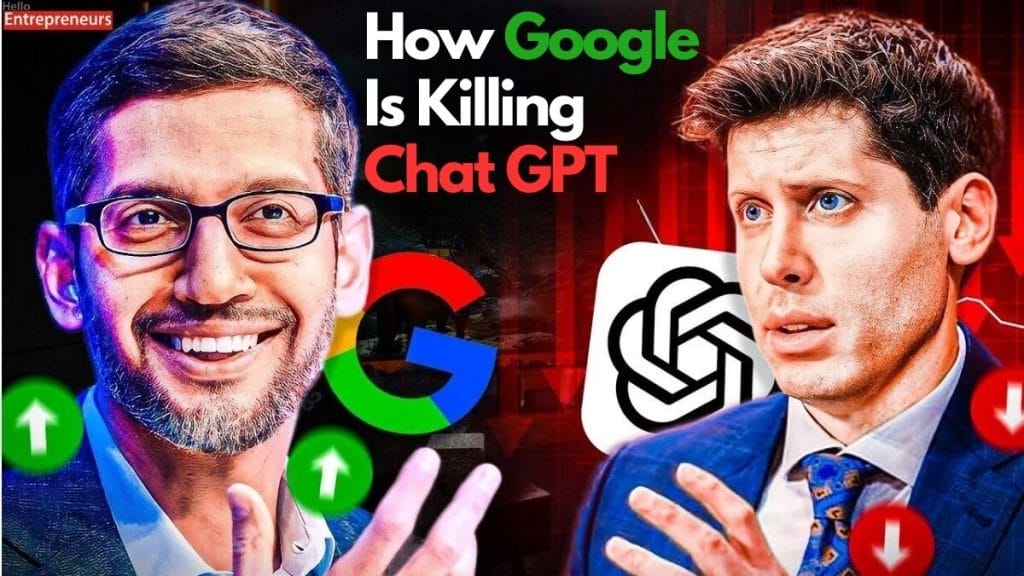New Delhi: The fact is that ChatGPT can’t replace humans. Ask anyone who has attempted to use the prompt “write an article about” on ChatGPT.
It’s no mystery at all; ask it, or any other AI writing tool, to compose a blog article if you have any doubts. It will produce dreadful stuff that no true person would want to read.
On the other hand, Google Bard is quickly becoming the most powerful and versatile chatbot in the market. It can compose many forms of creative material, translate languages, produce prose of human calibre, and provide you with informed answers to your queries.
More than ever, the battle for artificial intelligence is ongoing; following ChatGPT’s launch and incredible success, many of the major tech giants, including Google, Microsoft, Adobe, and others, have accelerated the development of their own AIs in order to stay competitive in the market. ChatGPT indeed was the first, the most precise, and the best in the beginning, but the question is, Will it last longer?
Will Google kill Chat GPT? If yes, then how will Google kill Chat GPT? Before we begin, let’s understand some basics.
What Is Chat GPT?
OpenAI created ChatGPT, a large language model chatbot. It can carry out many tasks and be trained on an extensive dataset of text and code. It is more sophisticated than other programmes, nevertheless, especially when it comes to producing literature of human calibre and language translation.
What is Google Bard?
Google AI created Google Bard, a sizable language model chatbot. It can create text, translate across languages, create other types of creative material, and provide you with meaningful answers to your inquiries since it was trained on a sizable dataset of text and code.
How is Google Killing Chat GPT?
Entry of Google Bard:
Google Bard was first revealed On February 6, 2023, just after Chat GPT’s entry into the market. It is trained on a larger and more diverse dataset of text and code. This means that it has a better understanding of the world and can generate more accurate and informative responses. It has access to real-time information from the internet. This means that Bard can provide up-to-date information on a wider range of topics. It has more user-friendly interface, and it allows users to edit their questions after they ask them and view multiple responses.
For instance, ChatGPT is unable to compose emails, letters, screenplays, musical compositions, poetry, or code, but Bard can. This is because Bard is more knowledgeable about many components of these artistic forms, including tone, rhyme, rhythm, and structure.
Google’s Gemini AI:
Google is investing heavily, and another AI product they are developing, called Gemini AI, is said to be competing with GPT 4. It is anticipated to be launched before year’s end.
Then what happened to Bard? Bard was a brilliantly executed strategic product. Google wished to make it clear to all of its investors and the general public that they are significantly committed to the AI race and also investing in AI, but quality work was never that great.
After the excitement disappears, they are getting back to business. Sort of, the panic and red alert have faded. In addition to Gemini, which I really wish to see succeed, one of its product called NotebookLM, which is an AI notebook utilised in the educational field, have the ability to disrupt the Ed-tech industry, and it can definitely make changes in this sector.
Considering this, if we were truly interested in using AI to make a difference, we would definitely consider entering the educational sector, and Google executed that perfectly.





